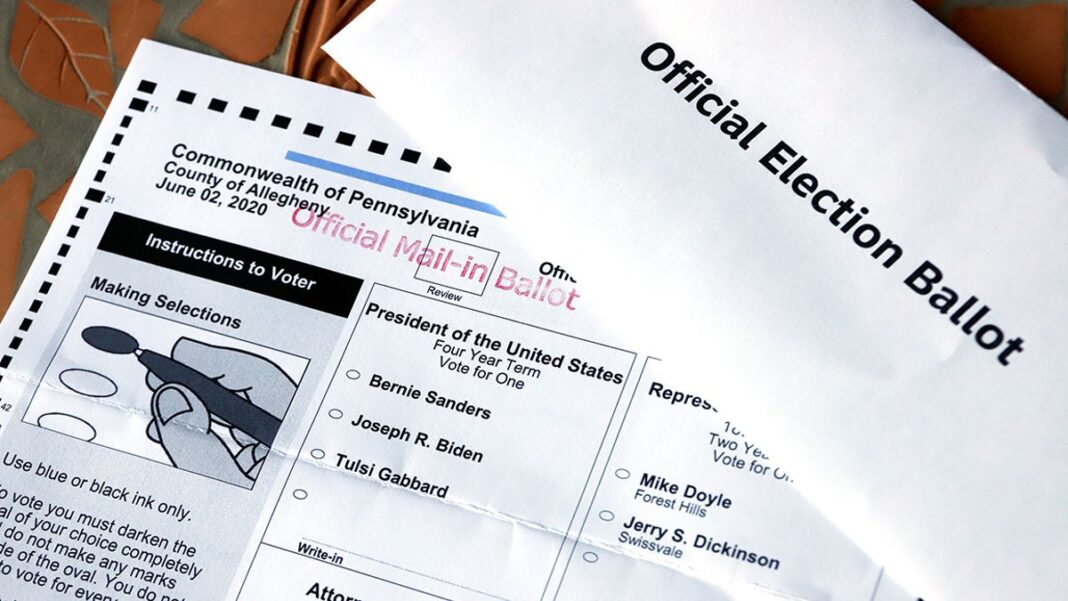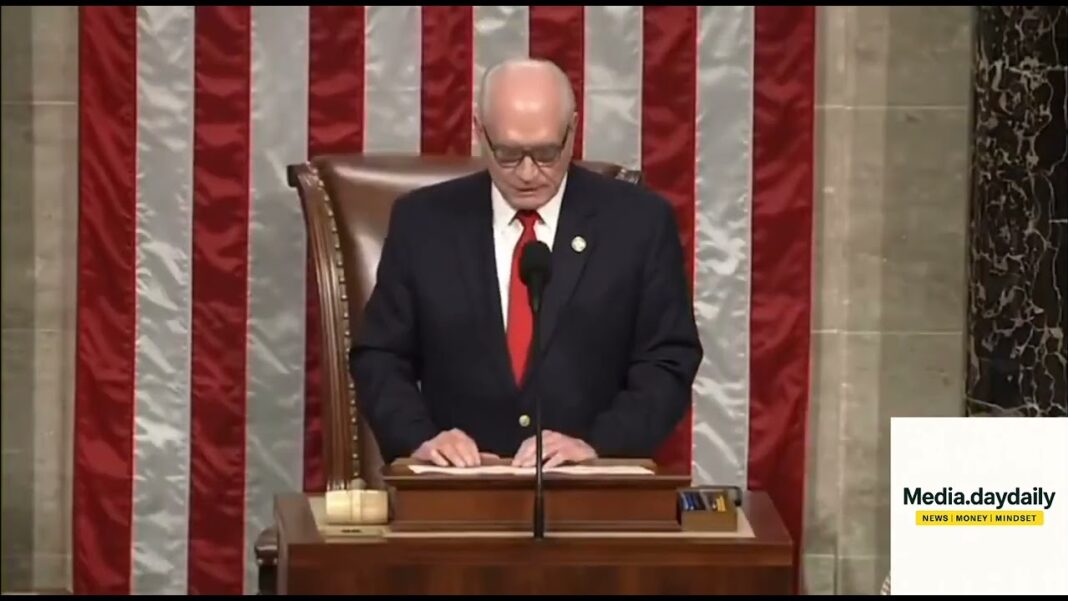‘We are unable to justify the Commonwealth’s practice of discarding ballots contained in return envelopes with missing or incorrect dates,’ the court said.
Pennsylvania’s requirement that election officials reject ballots with missing dates violates the U.S. Constitution, a federal appeals court ruled on Aug. 26.
The requirement burdens the constitutional right to vote, and state officials have not provided enough evidence supporting their argument that state interests outweigh that burden, a unanimous panel of the U.S. Court of Appeals for the Third Circuit said.
“While the Commonwealth has raised legitimate interests related to voting, we see only tangential links, at best, between these interests and the date requirement that Pennsylvania imposes on mail-in voters. The date requirement does not play a role in election administration, nor does it contribute an added measure of solemnity beyond that created by a signature. And only in the exceedingly rare circumstance does it contribute to the prosecution of voter fraud,” Circuit Judge D. Brooks Smith said in the 55-page ruling.
“Weighing these interests against the burden on voters, we are unable to justify the Commonwealth’s practice of discarding ballots contained in return envelopes with missing or incorrect dates that has resulted in the disqualification of thousands of presumably proper ballots.”
The Democratic Senatorial Campaign Committee, one of the plaintiffs in the case, and Pennsylvania’s attorney general, which intervened to defend the requirement, did not immediately respond to requests for comment.
A state law mandated that voters fill out, date, and sign envelopes containing mail ballots. The Pennsylvania Supreme Court ruled that the law required county election officials to discard the envelopes and ballots inside if the date was missing or incorrect.
More than 10,000 ballots cast in the 2022 election and 4,500 ballots cast in the 2024 election were rejected under the requirement.
A voter and Democratic groups sued, arguing the law infringed on constitutional rights.
U.S. District Judge Susan Paradise Baxter in March ruled in their favor, finding that the requirement violated the constitutional rights of Pennsylvanians because it burdened voters and there was “no evidence that the date requirement serves any state interest.”
The Republican National Committee, joined by the attorney general of Pennsylvania, appealed.
They said the requirement helps officials run elections efficiently, promotes solemnity, and assists in the detection and deterrence of voter fraud.
Those are all legitimate state interests, but the appellants did not offer evidence establishing strong enough links between them and the requirement, according to the appeals court.








